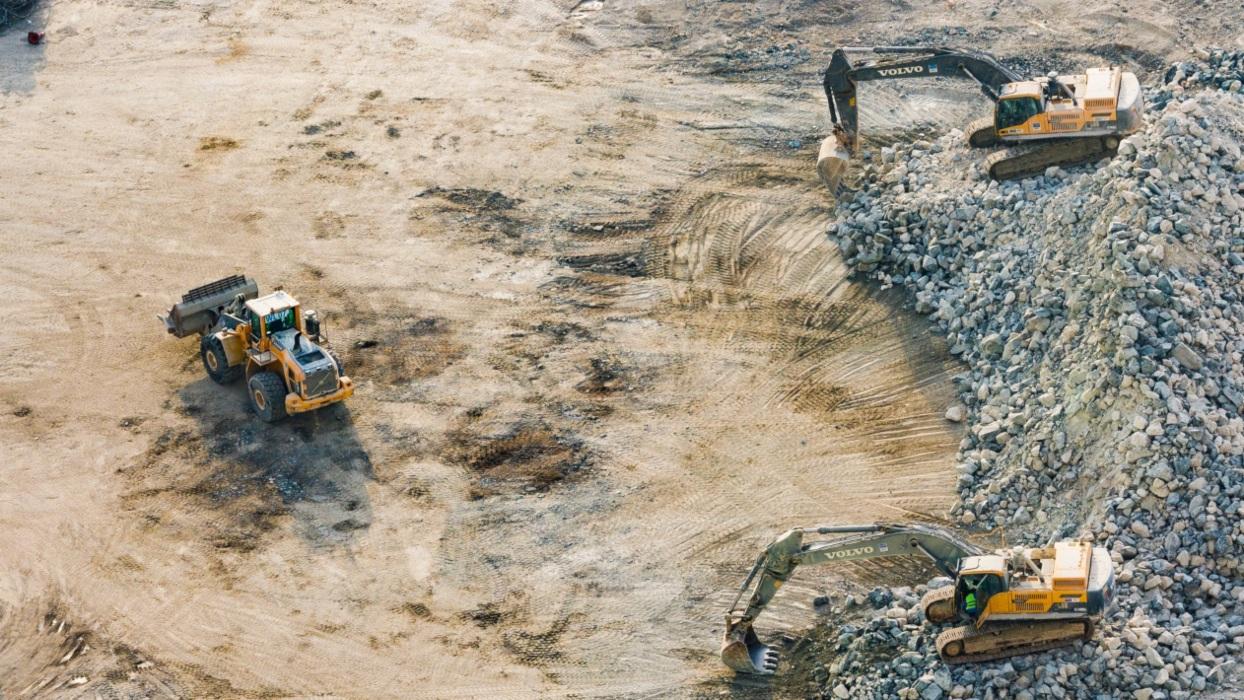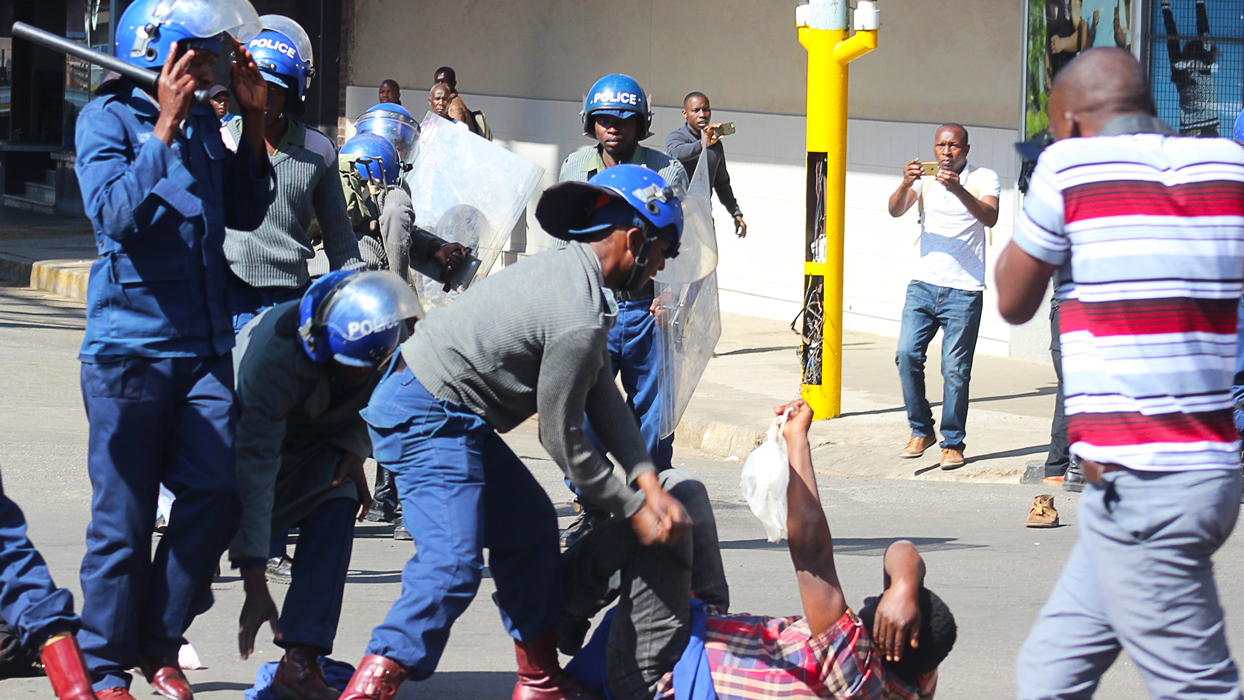Zimbabwe is being held back by ZANU PF’s ruinous management of the economy and regressive authoritarianism, writes Darlington Mutanda.
Despite the economic and political challenges, there is an opportunity for Zimbabwe to leverage its potential and become a regional and continental giant. Addressing corruption, creating jobs, and increasing production are the basic requirements for sustainable economic recovery currently being ignored by Zimbabwe, while political tolerance is a necessary step towards healing and reconciliation after decades of oppressive rule.
Resolving ambiguities
The citizens of Zimbabwe have lost confidence in the ruling party. Poverty levels remain high and there aren’t any poverty reduction strategies beyond populist propaganda at election time. Those in power know what needs to be done to make things right for everyone but their priorities are self-centred and to the detriment of peace, service delivery and national development.
In Zimbabwe, the people trusted to steer the ship say the right things in public but privately move in the opposite direction. There is hidden but known plunder by those in government. The state is the major source of wealth the country and so joining the ruling party and or the government becomes a prudent financial decision for an individual looking to secure their future. As a result, politics in Zimbabwe has become a means to an end for people, rather than the nation.
As well as rampant patronage, Zimbabwe has an entitlement crisis. There are people who think they deserve certain benefits because they participated in the liberation war or because they support the ruling party. It is understandable to show respect to those who liberated the country, but the sign of true patriotism is doing the right thing for the country not demanding spoils from a long ago fought war.
ZANU PF refused to transition from being a liberation party to a full-fledged democracy in order to keep hold of power. Even in the face of clear incompetencies, the party’s reference point is always the liberation struggle and sanctions imposed in 2002. Authoritarian discipline has remained the modus operandi. ZANU PF cadres perceived to be in the wrong basket are ruthlessly dealt with while opposition supporters are seen as enemies of the state and people’s civil, political, and economic rights are suppressed.
Reform benefits everyone
Zimbabwe has viable mining and agricultural industries that have not translated into economic prosperity. Agricultural and mining resources are underutilised and looted as if that is the normal thing to do. The ‘Gold Mafia’ documentary series released by Al-Jazeera in 2023 confirmed the illicit financial flows in the country.
It is imperative that Zimbabwe is politically and economically inclusive. Inclusion means there is an effort to be sensitive to the economic and political needs of all citizens.
In as much as economic reconciliation is critical, political reconciliation is its twin. ZANU PF acknowledges that political reconciliation is needed in the country but has only taken piecemeal efforts to address it. The Unity Accord of 1987, the Global Political Agreement that birthed the Government of National Unity in 2009, National Development Strategy I (2021-2025) and Vision 2030 were never implemented as spelt out in the documents. The reforms were largely cosmetic. Zimbabwe is repressive and intolerant to basic rights, peaceful opposition, and free expression. And there have been little to no efforts to bring those responsible for the abuses to justice.
Economic reforms have been equally advocated but the rot has not stopped. A haemorrhaging health sector, the proliferation of informal roadside foreign currency trade, hyperinflation, a debilitating brain drain, and widespread unemployment have come to symbolise Zimbabwe’s economic rot.
A combination of political and economic upheavals in the country since 2007 gave birth to what became known as the Zimbabwean crisis. The crisis inevitably challenged the legitimacy of ZANU PF among the citizens. We have reached a stage where people no longer think ZANU PF is the solution to the problems the country is facing. Save for cheap propaganda based on pseudo-developmental projects like the construction of dams or roads, ZANU PF has done very little to prove that it can eradicate poverty as enshrined in Vision 2030 and the UN’s SDGs 2030 Agenda.
There is no war or natural disaster in Zimbabwe to justify the collapse of systems that should push economic growth. It is rather the deliberate acts of its own leaders. This includes but is not limited to violent and ad hoc land seizures, urban clearances of 2005 (popularly known as Operation Murambatsvina-clear the filth), organised violence, the sanctioned illicit financial flows, price controls, and the printing of money. Zimbabwe’s political and economic crises can be resolved if holistic and earnest efforts are made to deal with the inherent political and economic challenges that have had an impact on the security of the people and the state.
Photo credit: Rick Willoughby used with permission CC BY 2.0





